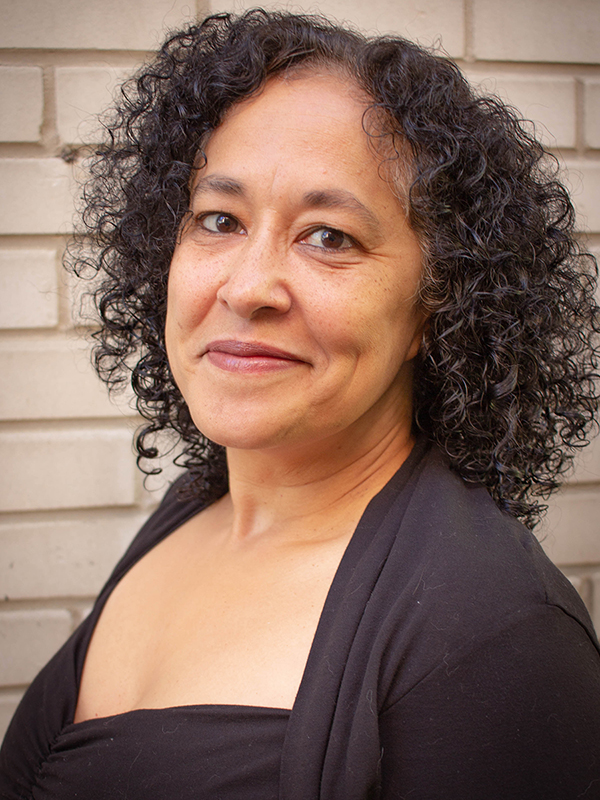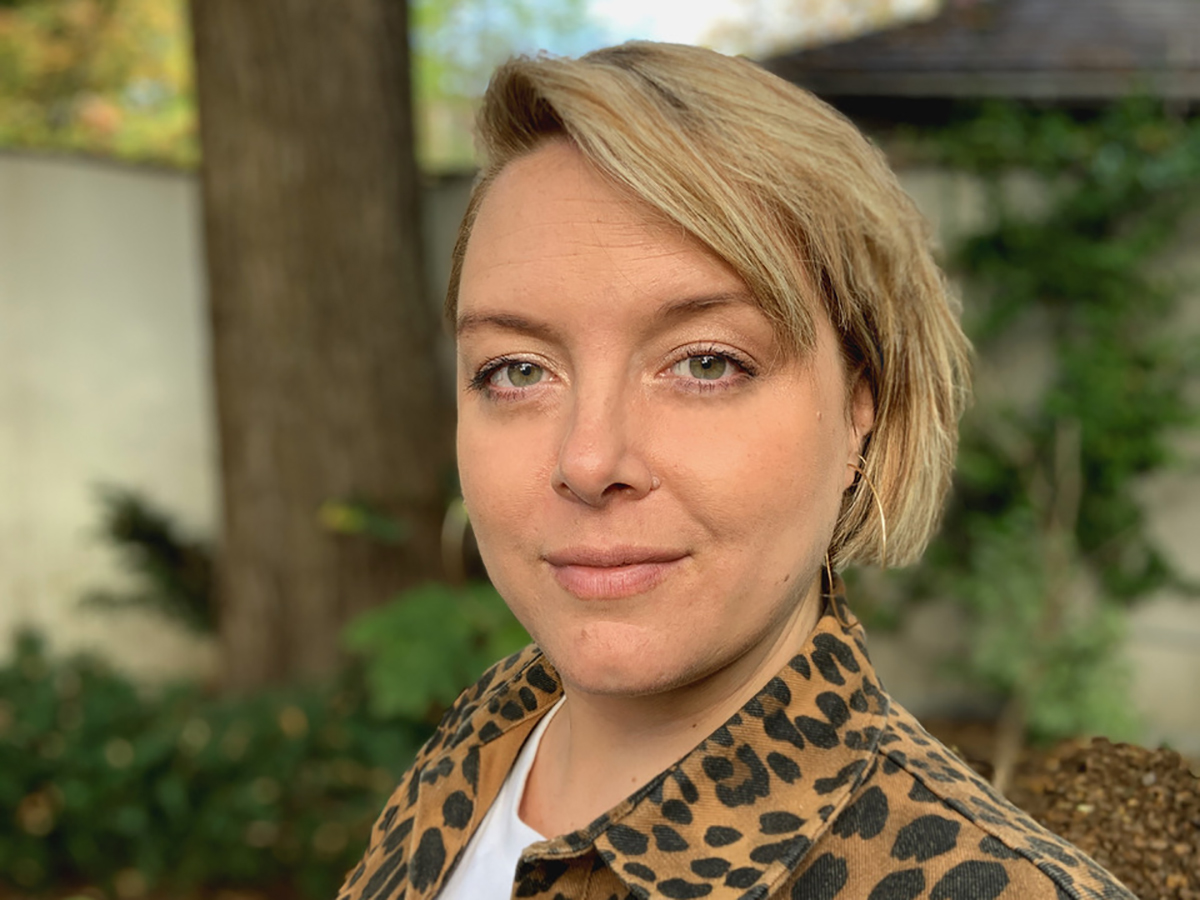Alumni win Kavli Science Journalism Award

Nicole Mortillaro (pictured) and Amanda Buckiewicz are receiving a Kavli Science Journalism Award for their work on the Black in Science special edition of CBC’s Quirks & Quarks.
Two School of Journalism graduates, Amanda Buckiewicz and Nicole Mortillaro, are receiving a Kavli Science Journalism Award from the American Association for the Advancement of Science. They will receive a Gold Award in the Audio category, which comes for their work on the Black in Science special edition of CBC’s Quirks & Quarks.
Buckiewicz and Mortillaro were both delighted when they received the news that they had won.
“When I got the phone call saying that we won I was so thrilled that I ended up scaring my dog, and so she just barked right next to me through the rest of the call,” said Buckiewicz. “It was truly a surprise, because there has been some incredible science journalism done in the past year, with the pandemic and climate change, so I wasn’t actually expecting us to win.”
Buckiewicz says that after the George Floyd protests and the #BlackinSTEM and #BlackinScience movements that happened in the summer of 2020, she wanted to be part of the conversations. She had produced important interviews but had felt they were worth more than just a usual 10-minute interview and as a result, she pitched a one-hour special dedicated to looking at racism in science and the scientific roots of racism.
From there, she reached out to Mortillaro, who works as a science reporter at CBC.
“The whole process was really interesting because it was new to me,” said Mortillaro. “I’m an online journalist, I do television hits for CBC and radio hits but not producing something like this, I’ve never done something like that before.”
Buckiewicz and Mortillaro did months of research and Buckiewicz notes that while talking about racism may be uncomfortable, it’s important.
“Much of what we found was so disturbing, especially the early stuff about how science was used so explicitly to justify slavery and colonization. The dehumanization was just awful, and the stories of people suffering at the hands of these scientists, and as the result of all their work, was really hard to take in. Science is supposed to be objective, a pure quest for knowledge, based in fact, and yet, this whole idea for a hierarchy of human beings, with white people at the top, was just so flawed it would be laughable if it wasn’t so destructive.”
Mortillaro notes that she learned a lot through speaking with the guests and that it was a unique experience, in terms of delving into the historical look at how Black people have been treated throughout history. She hopes listeners will reflect on why we are where we are right now in society and will be open to learning new things.
“I want people to understand the Black experience and what needs to be done,” said Mortillaro. “We still need to learn from that and move forward and in science in particular, to have more people represented in science and STEM fields and actually higher up – because you might have people who are involved in research but you need those people higher up to make those decisions more inclusive for the Black experience.”
Buckiewicz says she hopes the program inspires others to have difficult conversations and to actively fight racism.
“We can’t just say “I don’t see colour” or “I don’t want to get political” because that actually isn’t helping at all. It’s not politics, these are people’s lives. And by ignoring colour, we’re ignoring other people’s lived experiences that may be different from our own.”

Amanda Buckiewicz (pictured) and Nicole Mortillaro are receiving a Kavli Science Journalism Award for their work on the Black in Science special edition of CBC’s Quirks & Quarks.
